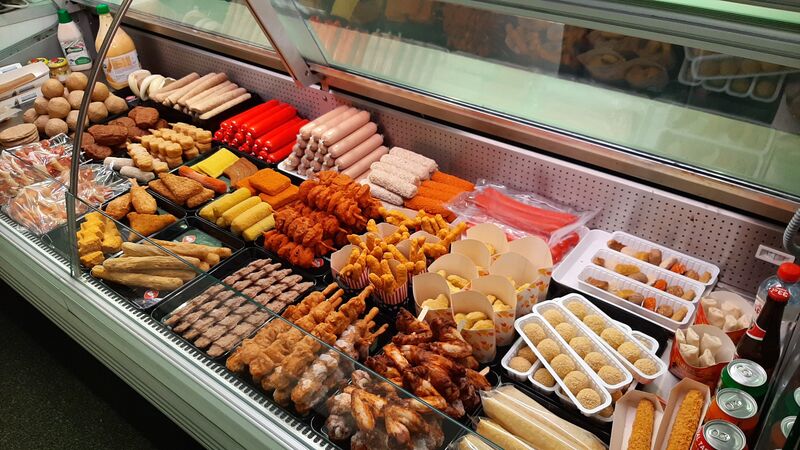Of the roughly 10,000 annual inspections that the Federal Agency for the Safety of the Food Chain (FASFC) carries out, barely half have a positive outcome. In Brussels, barely a quarter of hospitality establishments are in order.
Across Belgium, the FASFC carried out 10,880 hygiene inspections in 2019 and 9,195 in 2020. In both years, less than half (44% in 2019, 49.7% in 2020) received a favourable report, Belga News Agency reports.
Separated by region, the already-concerning figures are particularly alarming in the Brussels-Capital Region, where just 26% of establishments inspected were found to be in compliance with standards. In Flanders and Wallonia the number was 52%.
"Especially in Brussels, the results of the hygiene inspections are disappointing," said Tom Van Grieken, chairman of the Flemish far-right Vlaams Belang party, who requested the figures from the Federal Minister for the Self-Employed David Clarinval.
Related News
- Investigation opened into salmonella contamination in Belgian Ferrero factory
- 40% of Belgian food producers to halt or reduce activity
- Brussels reveals 'best shrimp croquette' in Capital Region
In Flanders, 10% of owners received an official report for serious offences following inspection. In Wallonia it was 9% while in Brussels this rose to 28%.
Using the figures to push Vlaams Belang's clear anti-immigrant agenda, Van Grieken pointed the finger at "immigrant managers" who he claims are behind the "influx of snack bars ... and do not know our language very well, let alone our food regulations."
However, he did not provide evidence for any of these claims and even stated that there is no research on this. "It would be good to have targeted research so that we can tackle the problems efficiently," Van Grieken added.
In principle, hospitality establishments are inspected once every four years. However, this can also be every six years or as often as every two years. An unfavourable inspection will lead to one or more follow-up inspections.

